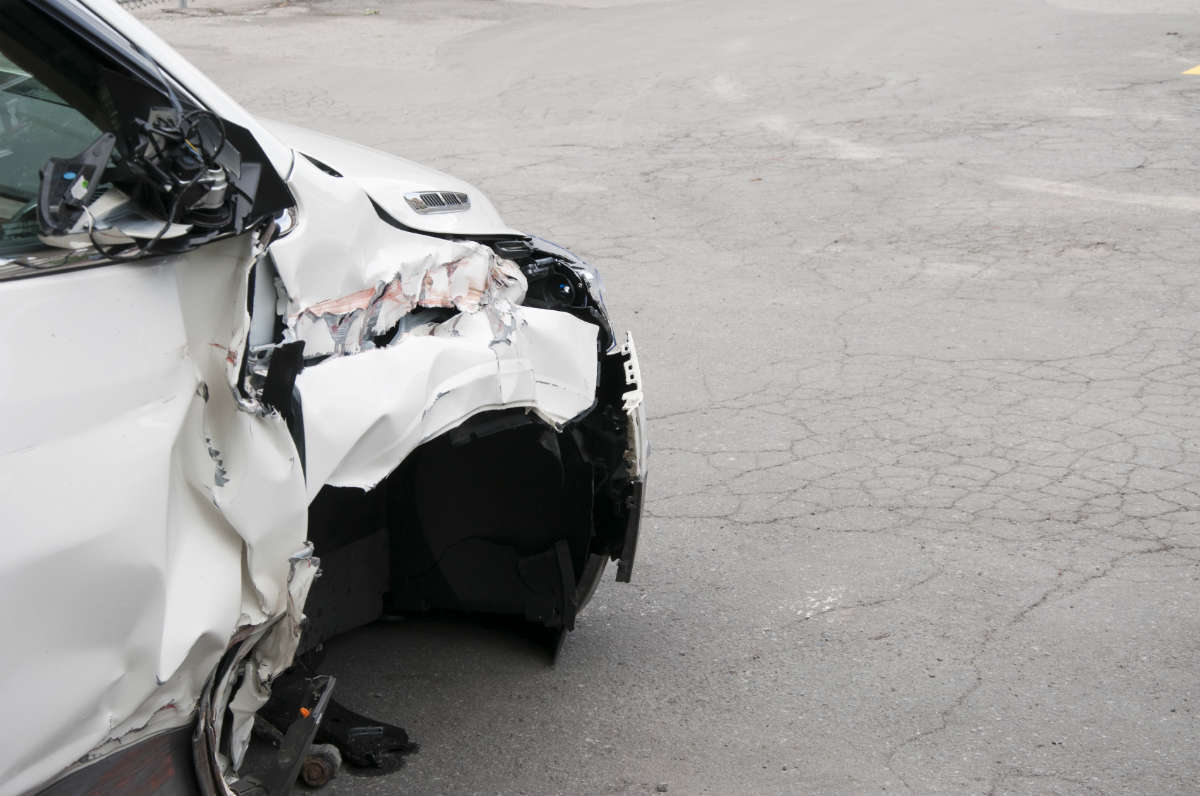
Mechanical failures can cause car accidents, although various factors, such as distracted or drunk driving, are the most common causes. However, mechanical failures in a vehicle are inevitable and can put the driver’s life and others on the road at risk.
In this article, we will look at the most common mechanical failures that cause car accidents, their root causes, and how you can take proactive measures to ensure your safety and that of others. If you get into a collision because of a vehicle defect, an Atlanta car accident lawyer may be able to help you secure compensation for any injuries suffered.
Common Mechanical Failures
A tire could blow out, causing a driver to swerve into another vehicle, or brakes could fail, resulting in a multi-vehicle collision. Here, we talk about mechanical failures in a car and the risks they pose:
Failure Of The Brakes
Brake failure is one of the most dreaded and dangerous mechanical failures that can occur while driving. Several issues, including worn-out brake pads, leaking brake fluid, or a faulty brake system, can cause them.
The Danger: When your brakes fail, your vehicle’s ability to slow down or stop is compromised, leading to catastrophic accidents, especially in high traffic or emergencies.
Tire Blowouts
Tire blowouts, frequently caused by tire conditions and road hazards, can also be classified as mechanical failures in vehicle maintenance and safety.
They can degrade over time due to wear and tear, an automated process. Tires can fail if they are not properly maintained, including checking for wear and underinflation, causing a blowout.
The Risk: A tire blowout can result in a loss of control, causing the vehicle to swerve or roll over. This can lead to serious accidents, particularly at high speeds.
Steering System Failure
The power steering pump is a mechanical component of the steering system, making it easier for the driver to turn the steering wheel. When the power steering pump fails or has mechanical issues, it can cause increased steering resistance, making it difficult for the driver to control the vehicle’s direction.
The Risk: A faulty steering system can cause the vehicle to lose control, making it difficult to navigate turns or unexpected obstacles.
Engine Stalls
Engine stalls commonly manifest mechanical failures within a vehicle’s core systems. These failures can be attributed to several mechanical issues, such as fuel delivery problems, which may include a malfunctioning fuel pump or clogged fuel injectors.
The Danger: An engine stall can happen unexpectedly, resulting in losing power and control over the vehicle, which can be especially dangerous in heavy traffic or when merging onto highways.
Transmission Failure
Transmission failures are a prime example of mechanical failure in a vehicle’s drivetrain. These failures are frequently caused by mechanical issues within the transmission system, such as a lack of transmission fluid or overheating, which can cause increased friction and wear on critical components such as gears and clutches.
The Risk: A faulty transmission can result in erratic gear shifting, loss of power, and, in some cases, total loss of vehicle control.
Electrical System Failure
Electrical system failures involving electrical components are inextricably linked to mechanical failure due to their impact on a vehicle’s functionality. Faulty wiring, for example, is a mechanical issue when damaged or frayed wires disrupt the flow of electrical current.
The Risk: These can cause a sudden loss of lighting, power to vital systems, or even a complete vehicle shutdown.
Problems With The Headlights Or Taillights
Broken headlights and taillights are especially hazardous in foggy weather, storms, and nighttime. Drivers cannot see the road or other drivers if their headlights and taillights are not working properly.
Cooling System Failure
A common example of mechanical issues within a vehicle’s essential systems is cooling system failure. These failures can be attributed to mechanical factors, including coolant leaks caused by damaged hoses or a failing radiator. A faulty thermostat regulates engine temperature and is a critical mechanical component of the cooling system.
The Risk: It can cause extensive damage to the car and, in some cases, lead to engine failure. Overheating can also result in an abrupt loss of power while driving.
Protecting Your Car With Regular Maintenance
Finally, knowledge is your greatest ally when it comes to avoiding common mechanical failures that can cause car accidents. Prioritizing regular vehicle maintenance and vigilant system monitoring is critical for your safety and the safety of all road users. In the unfortunate event of an accident, remember that your rights and safety are important.
